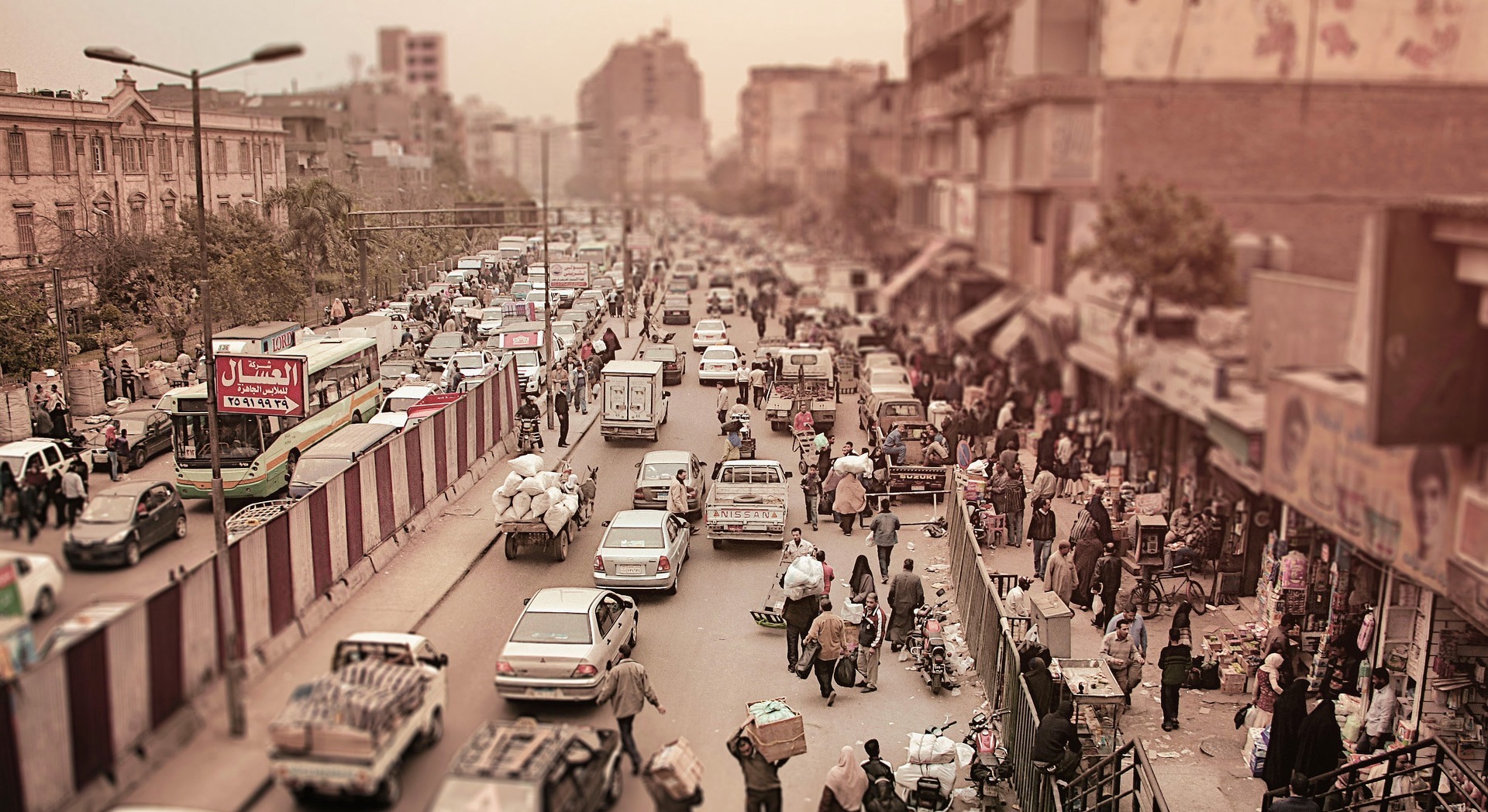An international non-profit, Pathfinder International partners with the Egyptian Ministry of Health and Population to launch a $39 million health program, OSRA. The program, which aims to facilitate accessibility for family planning information in Egypt, will be funded by the United States Agency for International Development (USAID), according to Pathfinder International.
The five-year program, which plans to promote information on reproductive health as well as offer counseling to families, was officially launched last week with the announcement taking place on 21 February at the Grand Egyptian Museum.
Targeting 10.6 million individuals across ten governorates, the early stages will target Sharkia, Fayoum, Sohag, and Assiut following which an expansion is set to take place in Beheira, Dakahlia, Giza, Beni Suef, Menia, and Qena.
“The US government, through USAID, has invested over $435 million in reproductive health in Egypt over the last 30 years. These efforts, taken in close coordination with the Ministry of Health and Population, have lowered fertility rates and improved reproductive healthcare outcomes by providing Egyptian women with information on ways to recognize dangers to their health during pregnancy in time to seek medical care,” Ambassador Charge D’affaires at the US Embassy in Cairo, Daniel Rubinstein said in a statement.
Family planning
The program looks to aid in family planning by using digital technology in an effort to ensure that reproductive health information is available and accessible. Part of the agenda includes services by professional healthcare providers, access to counseling on family planning, and gender equitability within that frame.
Pathfinder International is a global NGO that uses community-driven programs at a local level to provide access to information on productive health care. Operating for over 65 years, the non-profit has launched programs across several continents and regions including the Middle East, Africa, and South Asia.
Population surge
Egypt is considered the most populous country in the Arab region with a population hitting 112 million in 2023, an increase of 1.56% in comparison to 2022, according to research platform MacroTrends.net. While family planning systems were put in place and pushed by the government over the past few years, the surge in population is a threat to the national economy, according to an article published by Reuters in 2017.

In 2017, Egypt’s health ministry set in place Operation Lifeline with the aim to decrease birth rates to 2.4. The fertility surge is mainly concentrated in rural areas due to the commonly held belief that associates large families with economic strength. As of 2017, over 6,000 planning clinics were set up to provide women with free health care check-ups as well as reproductive health information and services.
By 2020, an initiative dubbed Two Is Enough was launched in an attempt to motivate families to have fewer children, with several warnings being made by the government warning against the negative repercussions of overpopulation, according to Al Ahram.
The Ministry of Health and Population has encouraged families to have fewer children, spending more than 100 million Egyptian pounds ($5.1m) annually to offer family planning methods at no charge or at a discount.
Egypt has succeeded in reducing the rate from 3.5 births per woman in 2014 to 2.8 in 2021. In other words, every 10 women produce 28 children.







